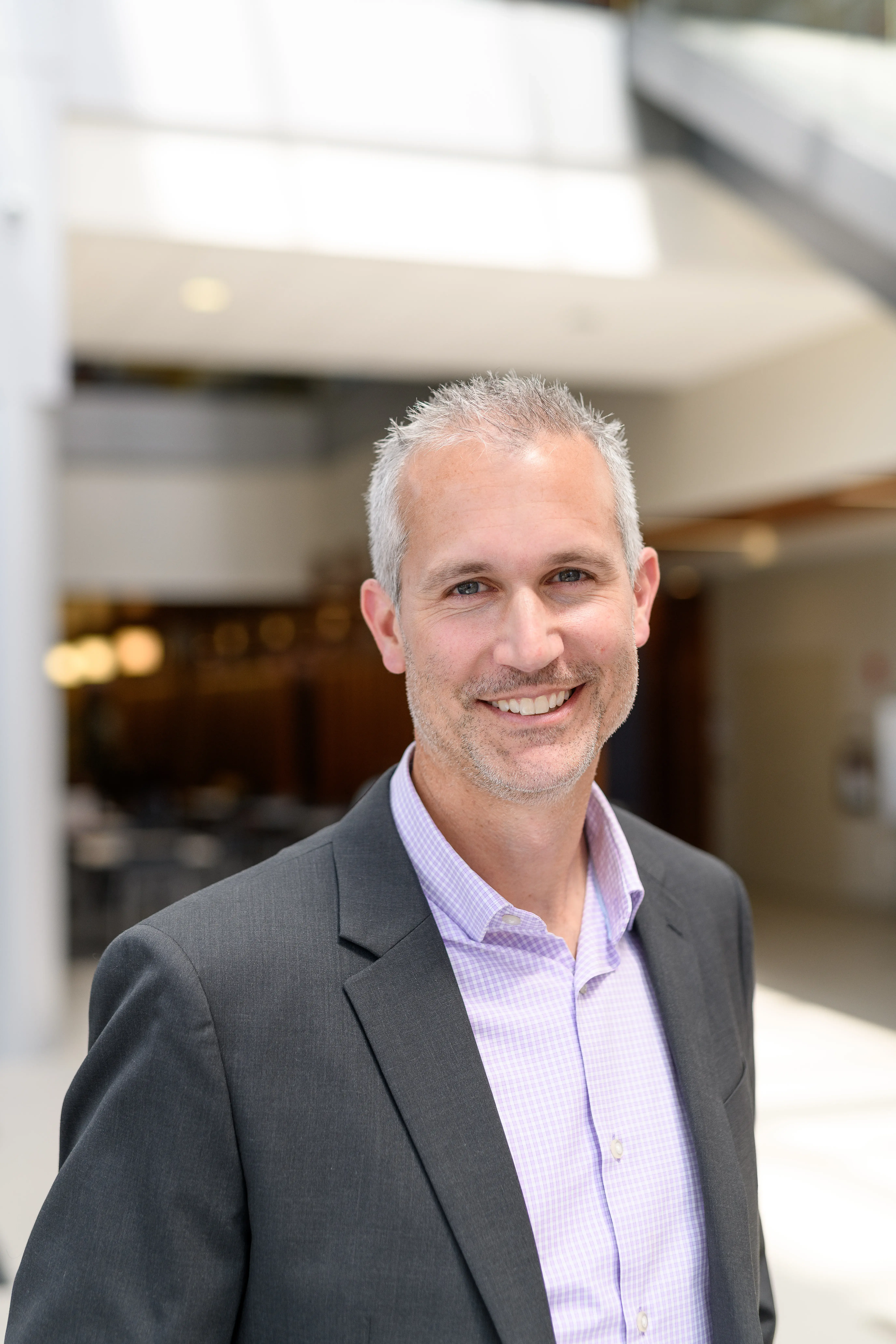- Immunology
- Innovative Teaching
- Infectious Disease
- Pharmacokinetics
David J. Feola, PharmD, PhD
Professor and Assistant Dean of Graduate Studies
Dr. Feola received his Doctor of Pharmacy and Philosophy degrees from the University of Kentucky College of Pharmacy. He also completed residencies in pharmacy practice and infectious diseases pharmacotherapy at the UK Chandler Medical Center (R258). His primary research focus area is immunology and infectious disease pharmacotherapy, with specific projects investigating immunomodulatory and immunotoxic properties of drug exposure in animals and humans. Dr. Feola has built a translational research program through which he utilizes animal models and molecular and cellular investigations to generate investigator-initiated clinical trials. He leads a research program focused on mechanistic and translational investigations to define the role of alternatively activated macrophages in the pathophysiology of pulmonary fibrosis. This is accomplished through the use of a mouse model of Pseudomonas aeruginosa infection and through clinical studies in patients with cystic fibrosis. The goal of this research is to improve the understanding of chronic inflammatory lung diseases and to help identify potential therapeutic targets to slow the progression of chronic inflammation and tissue remodeling.
Alternatively activated macrophages are involved in the promotion of Th2-type immune responses, debris scavenging, tissue remodeling, and fibrosis. These cells have also been shown to inhibit both Th1-type responses and the function of classically activated macrophages responsible for the initiation and propagation of inflammation. In a series of randomized, clinical trials, azithromycin (AZM) has been shown to favorably impact morbidity and mortality in patients with cystic fibrosis infected with P. aeruginosa. His group demonstrated that AZM will polarize macrophages to an alternative-like phenotype both in vitro and in a mouse model of pulmonary infection. He additionally collaborates across UK and beyond to study the regulatory functions of macrophages in acute myocardial infarction, spinal cord injury, and other pathologies.
Dr. Feola also teaches infectious disease pharmacotherapy in the Integrated Drugs and Diseases course sequence for the Doctor of Pharmacy Program supports clinical services at the UK Chandler Medical Center and serves as Assistant Dean of Graduate Studies for the College of Pharmacy. His interest in exploring and implementing cutting-edge training approaches in graduate education has expanded his impact to include the evolution of training in the pharmaceutical sciences.
Expertise
Positions
- College Faculty
- Assistant Dean of Graduate Studies, University of Kentucky College of Pharmacy
Education
- Doctor of Philosophy in Clinical Pharmaceutical Sciences, University of Kentucky
- PGY2 Pharmacy Residency in Infectious Disease, UK Healthcare
- PGY1 Pharmacy Residency, UK Healthcare
- Doctor of Pharmacy, University of Kentucky
- Bachelor of Science, University of Kentucky

